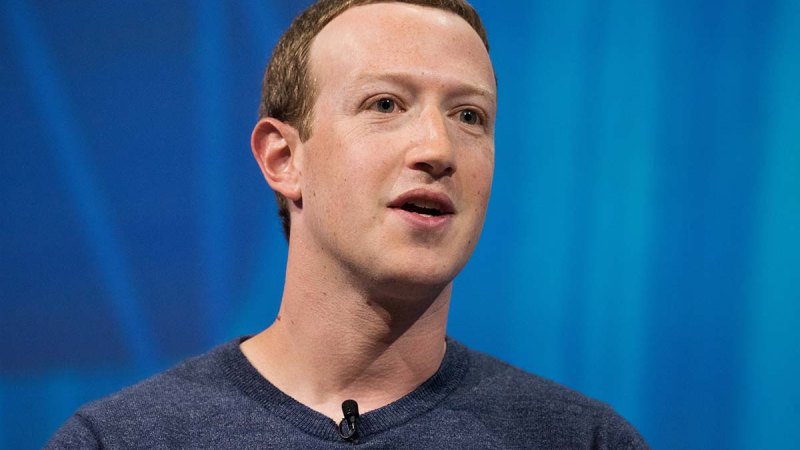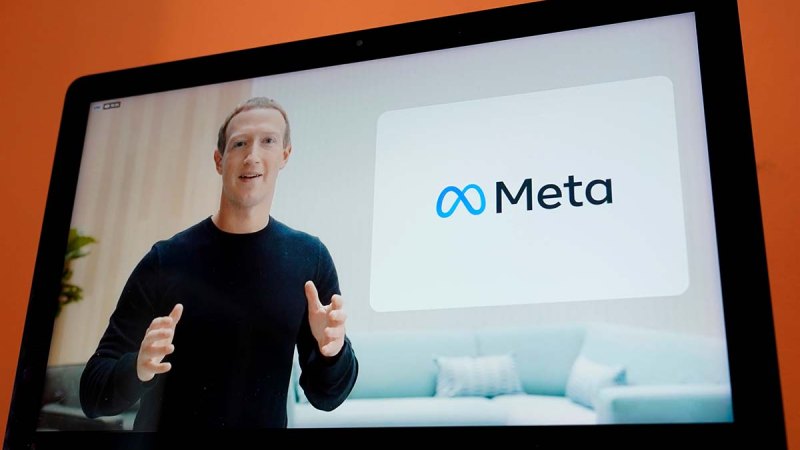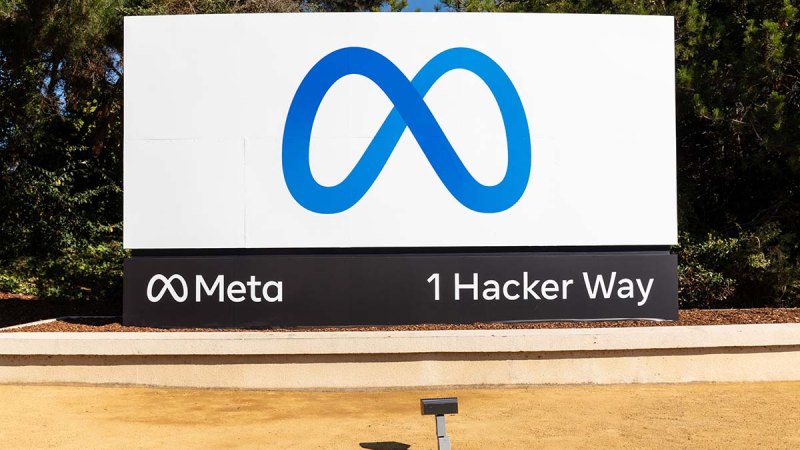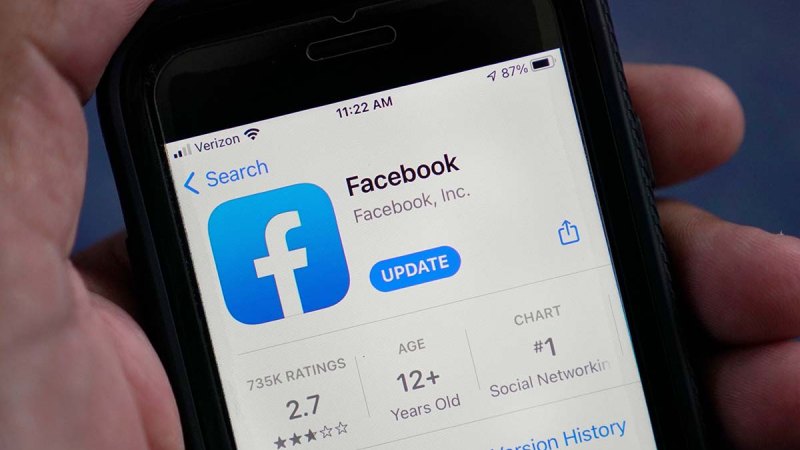What’s in a name? Mark Zuckerberg announced on Thursday, October 28, that Facebook will now be called Meta to better encompass what the company does.
Zuckerberg, who founded Facebook in 2004, unveiled plans to build a “metaverse,” which he pictures as a space where people can work, play, communicate and game in a virtual space.
“From now on, we’re going to be the metaverse first, not Facebook first,” he said at the company’s annual Connect conference. “Our brand is so tightly linked to one product that it can’t possibly represent everything we’re doing today, let alone the future.”
The New York native, 37, explained that over time, his team hopes Meta can be seen as a “metaverse company,” which is what he wants to “anchor” its work and identity to as of Thursday.
“We’re now looking at and reporting on our business as two different segments, one for our family of apps, and one for our work on future platforms,” he continued. “And as part of this, it is time for us to adopt a new company brand to encompass everything that we do, to reflect who we are and what we hope to build.”
The company updated its social media pages with a fresh logo and new handle on Twitter for Meta, following the major announcement.
“The metaverse is the next evolution of social connection. It’s a collective project that will be created by people all over the world, and open to everyone,” the brand noted via Twitter on Thursday. “You’ll be able to socialize, learn, collaborate and play in ways that go beyond what’s possible today.”
The platforms within the company, including Facebook, Instagram and Whatsapp, will not change.
The new moniker came amid waves of controversy surrounding the company. Earlier this month, The Washington Post reported that Facebook withheld important information about vaccine misinformation. Facebook spokesperson Aaron Simpson told the publication in a statement on Thursday that they’ve worked toward promoting reliable information regarding the coronavirus pandemic, but it’s not an easy task.
“There’s no silver bullet to fighting misinformation, which is why we take a comprehensive approach which includes removing more than 20 million pieces of content that break our COVID misinformation policies … connecting more than 2 billion people to reliable information about COVID-19 and vaccines, and partnering with independent fact-checkers,” Simpson said.
The company was previously accused of not protecting its users from predators and abusers, and is currently in the middle of a scandal about its alleged involvement in genocide, human trafficking and disinformation.
Zuckerberg previously claimed that the allegations were a “coordinated effort to selectively use leaked documents to paint a false picture of our company.”
Scroll down to learn more about Facebook’s rebrand:

The word “meta” comes from the Greek word meaning “beyond.” Zuckerberg also penned a “Founders Letter,” which he uploaded to the Meta website on Thursday to further explain the name he picked. “For me, it symbolizes that there is always more to build, and there is always a next chapter to the story. Ours is a story that started in a dorm room and grew beyond anything we imagined,” he wrote. “Into a family of apps that people use to connect with one another, to find their voice, and to start businesses, communities, and movements that have changed the world.” Shutterstock

The entrepreneur will stay on as Meta’s CEO and continue to oversee the changes being made within the parent company. Eric Risberg/AP/Shutterstock

The company replaced its Facebook “like” image outside of the Menlo Park, California, headquarters on Thursday to the new Meta logo, which looks like an infinity sign. META HANDOUT/EPA-EFE/Shutterstock

“Even though I think some people might want to make that connection, I think that’s sort of a ridiculous thing,” Zuckerberg told The Verge on Thursday when asked if the name change had anything to do with the current negative news surrounding Facebook. “If anything, I think that this is not the environment that you would want to introduce a new brand in.” Wilfredo Lee/AP/Shutterstock
from Celebrity News – Us Weekly https://ift.tt/3moseWL
Comments
Post a Comment